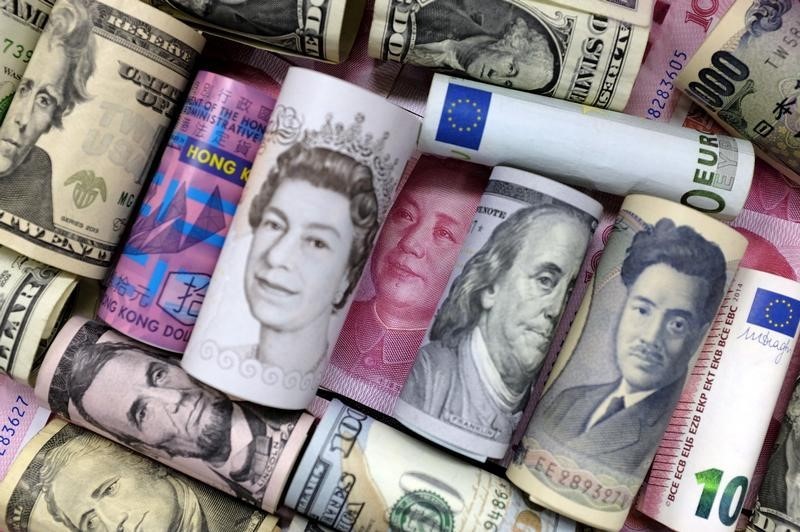(Adds further details, analyst comment)
By Felix Onuah and Chijioke Ohuocha
ABUJA, Aug 19 (Reuters) - Nigeria's central bank will strive
to protect the country's currency reserves after a British court
ruling granted a small natural gas firm the right to try to
seize $9 billion in assets from Nigeria's government, the bank's
head said on Monday.
Such a sum would be one of the largest financial liabilities
imposed on Nigeria in its history, representing 20% of the
currency reserves of Africa's largest economy and top oil
producer.
Central bank chief Godwin Emefiele said Nigeria had
sufficient grounds to appeal the ruling, over an aborted gas
project in the southern Nigerian city of Calabar, made on Friday
in favour of Process and Industrial Developments Ltd.
"We know that the implication of that judgment has some
impact on monetary policy, and that is why the central bank is
going to step forward and ... defend the reserves," Emefiele
told reporters in the capital, Abuja.
Pressure has been building on the naira NGN= as oil prices
drop and foreign investors lock in their profits on local bonds
as yields have fallen from as high as 18% a year ago. As yields
have fallen, foreign inflows have slowed, in turn leading to a
shortage of dollars and hurting the naira.
In a further sign of pressure on the currency, President
Muhammadu Buhari last week told the central bank to stop
providing funding for food imports, his spokesman
said. However Emefiele did not say what other measures the central
bank might take to defend the country's currency or its foreign
exchange reserves.
UNCONVENTIONAL TOOLS
"FX pressures have intensified as global risk-off sentiment
incentivises some portfolio reversals, and the UK judgment could
add further fuel to the fire," said Cobus de Hart, senior
economist at South Africa's NKC African Economics.
On Monday, traders were seeking higher rates for one-year
treasury bills as the naira weakened, and bid-offer spreads
doubled in volatile trades. The naira has been quoted at 364 per dollar for foreign
investors since last week from 363.50, as liquidity dried up on
the forex market.
Nigeria operates a multiple exchange rate regime that it has
used to manage pressure on the currency.
Last week, Emefiele met fund managers in London in a
roadshow arranged by South Africa's Standard Bank SBKJ.J
following its second debt auction that week, where the central
bank told dealers to raise rates to lure foreign investors.
Emefiele sought to reassure investors who were focused on
the oil price and the bank's policy on debt sales, saying that
the currency would continue to be stable.
"Worryingly, the central bank is employing unconventional
tools more regularly to try and keep the naira stable and
safeguard reserves, and risk exists ... which could ultimately
come at the cost of slower growth and higher inflation," De Hart
said.
(Editing by John Stonestreet and Hugh Lawson)
